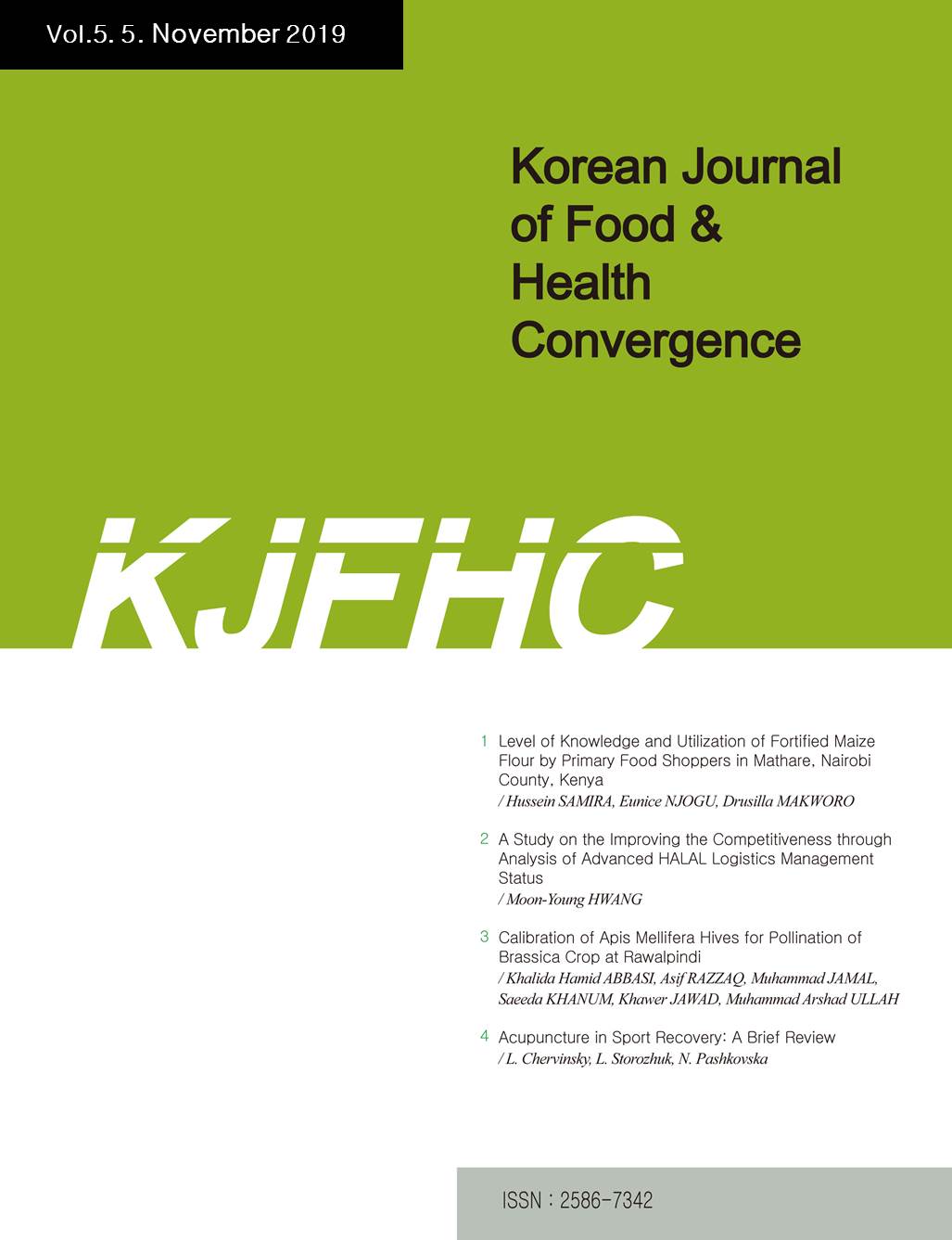- 권한신청
- E-ISSN2586-7342
- KCI
Development of protein tyrosine phosphatase 1B (PTPIB) Inhibitors from marine sources and other natural products-Future of Antidiabetic Therapy : A Systematic Review
ALLAHBADIA, Gautam (Ex-Rotunda-A Centre for Human reproduction)
SINGH, Mandeep (Swami Satyanand Hospital)
Abstract
The incidence of both obesity and Type 2 Diabetes Mellitus( DM) is increasing proportionately so that causes of deaths from these has overtaken from that of malnourishment. Hence it has been recommended to treat the 2 in parallel considering the role of diabesity on health. Important causes of T2DM are insulin resistance (IR) and /or inadequate insulin secretion. Protein tyrosine phosphatase 1B(PTPIB) has a negative impact in insulin signaling pathways and hence plays crucial role inT2DM,since its overexpression might induce IR. Thus PTPIB is considered a therapeutic target for both obesity and T2DM, there has been a search for novel ,promising natural inhibitors. We conducted a pubmed search for articles related to PTPIB inhibitors from natural causes be it marine sources or other natural sources. Out of 988 articles we selected 100 articles for review. Thus various bioactive molecules isolated from marine organisms that can acts as PTPIB Inhibitors and thus possess antidiabetic activity both in vitro/ in vivo studies ,besides products from fruits like Chinese raspberry or curcumin used as routine spices are described with their chemical classes, structure-activity relationships and potency as assessed by IC 50 values are discussed. More work is required to make this a reality.
- keywords
- PTPIB Inhibitors, Diabesity, Marine Sources, Natural Products, Antidiabetic Drugs
- 다운로드 수
- 조회수
- 0KCI 피인용수
- 0WOS 피인용수

